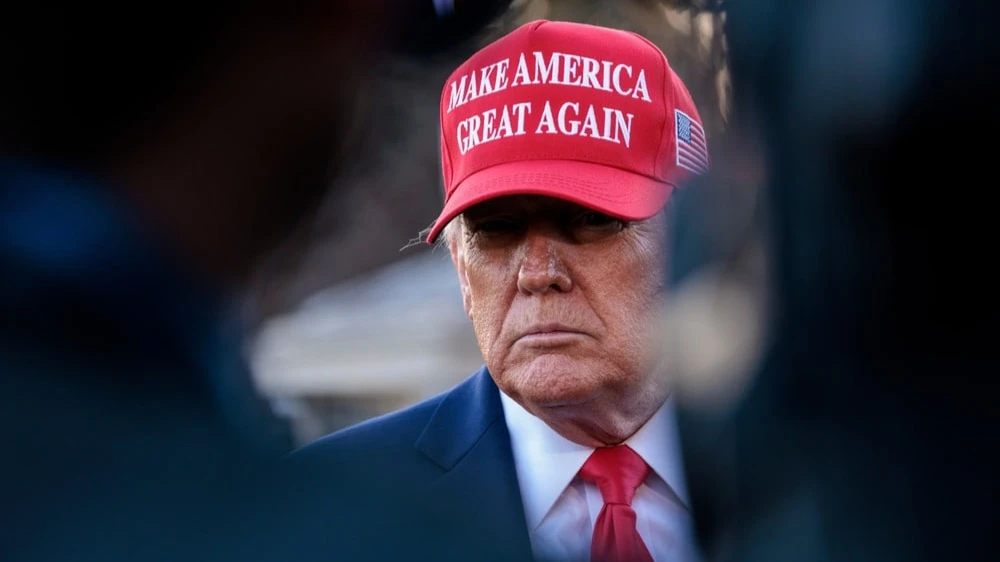Trump announced new duties on chips and a rate hike for drugs of up to 250%

US President Donald Trump says he will announce duties on imports of semiconductors and pharmaceuticals within the next week. "We want them manufactured in the United States," announced Trump in an interview with CNBC.
He did not specify details of the planned duties on semiconductor imports. Rates for drugs imported into the US, he said, will be raised to stimulate production in the US.
"First we're going to put a small duty on pharmaceuticals, but in a year - a year and a half tops - it's going to go up to 150%. And then to 250%, because we want the drugs to be made in our country," Trump said.
The rate of 250% is the highest he has threatened to impose so far, CNBC noted. In early July, the U.S. president had already expressed threatened to impose 200% duties on drugs. But Trump has repeatedly threatened to impose duties and then reversed course, so there is no guarantee that the rate on pharmaceuticals will actually reach that level, the channel specifies.
How will the new duties affect pharmaceutical companies?
The expected duties could deal a blow to the pharmaceutical industry, which has already warned that such measures would raise costs, reduce US investment attractiveness and disrupt supply chains, jeopardizing patient safety, CNBC writes. Drug makers are already facing the consequences of Trump's pricing policies, which they see as a threat to both their profitability and ability to invest in research and development.
That includes Trump's executive order issued in May, by which he reinstated a controversial initiative known as the "most-favored-nation" policy. It involves lowering U.S. drug prices by pegging the prices of certain drugs to significantly lower foreign counterparts.
On Tuesday, Trump told CNBC that he had "enacted" the policy and that it would have a "huge impact on the cost of drugs." However, no changes to the executive order have been officially implemented yet.
Context
In April, the Trump administration began a so-called Section 232 investigation into pharmaceutical products. That section of the legislation gives the U.S. Commerce Secretary the authority to examine whether imports threaten national security.
Last week, Trump sent letters to 17 pharmaceutical companies, urging them to take steps by Sept. 29 to lower drug prices in the United States. The demands include providing a full portfolio of existing drugs to every patient at the lowest price available in other developed countries, as well as other measures.
Some pharma companies have said they are currently reviewing the letters they received.
This article was AI-translated and verified by a human editor
